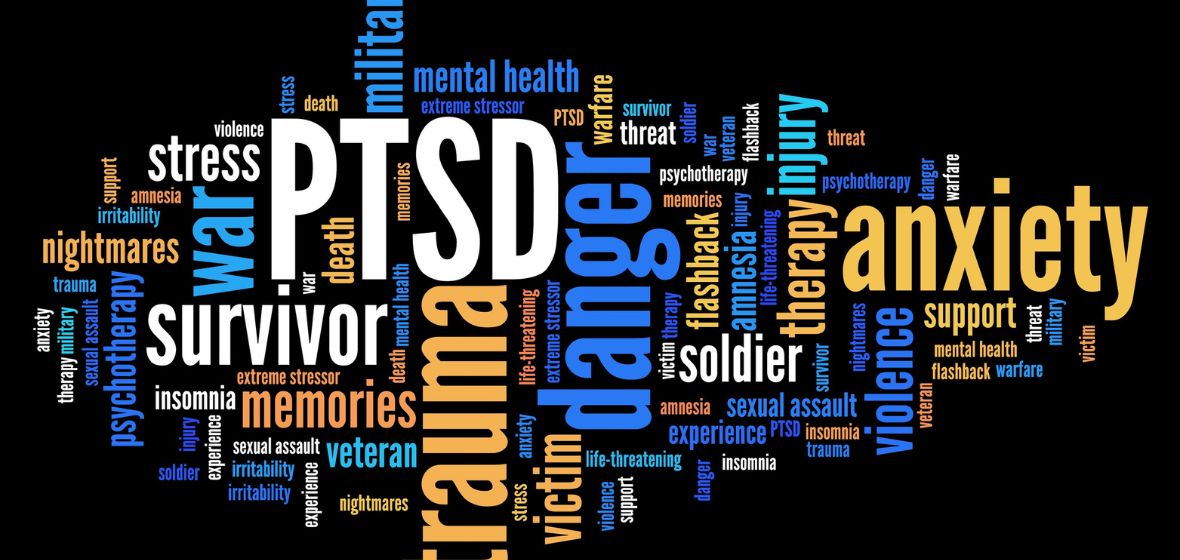
Experiencing trauma can significantly impact your quality of life not just physically but mentally and emotionally, however, research has shown that with treatment and support, there is much hope for healing. If you are trying to cope with the aftermath of psychological trauma—or someone you know is—there are proven steps that can help.
Post-traumatic stress disorder (PTSD), as we call it today, first symptoms were described 3,000 years ago on stone tablets in southwestern Asia where the world’s earliest civilization developed. More recently, it came to be known as “shell shock” during WWI and “combat fatigue” in WWII. Effective treatments became available by the time of the Vietnam War and continued advancements are constantly happening as we learn more.
Without seeking help, the effect of trauma can get more intense as time passes. For many people, it isn’t something that can just go away with time. In fact, it can worsen over time without treatment. Research over the past decades has found that helping people talk about and emotionally process their traumatic experiences has the greatest likelihood of success. This treatment is known as psychotherapy. Barbara Rothbaum, Ph.D., an internationally recognized expert on PTSD and author of the book PTSD: What Everyone Wants to Know, recommends that people “talk about it, talk about it, talk about it” and/or “write about it, write about it, write about it” until they have worn it out.
Additional therapies that can be effective for PTSD are those based on cognitive-behavior therapy (CBT)—an approach used at UofL Health, the University of Louisville Department of Psychiatry, and the UofL Depression Center. One of the most frequently used CBT treatments is when patients are encouraged to visualize or even revisit scenes of trauma (for example, driving on a section of road where a severe accident occurred or re-experiencing cues from a war zone trauma). This work is done in a very supportive therapeutic environment so patients can feel safe while they confront their fears. Other treatments are available and are customized to fit the specific needs of the patient and can be discussed with a professional.
When PTSD is causing significant distress and impacts a person’s quality of life, professional therapy like the ones, just described, are typically recommended. However, Dr. Rothbaum also suggests several coping methods that people can do on their own or with the assistance of family, friends or support groups. Physical exercise, mindfulness meditation and participation in spiritual activities and practices are some of the most useful. The key to recovery from emotional trauma is to avoid the trap of “suffering in silence” and to find the help you need by reaching out to a professional who can help to guide you through your journey of hope and recovery.
If you or someone you know is struggling with PTSD or trauma related mental health issues, our licensed therapists at UofL Health – Peace Hospital can help.
Find Your Peace Podcast – Episode 8: Gun Violence Impacting Our Youth









